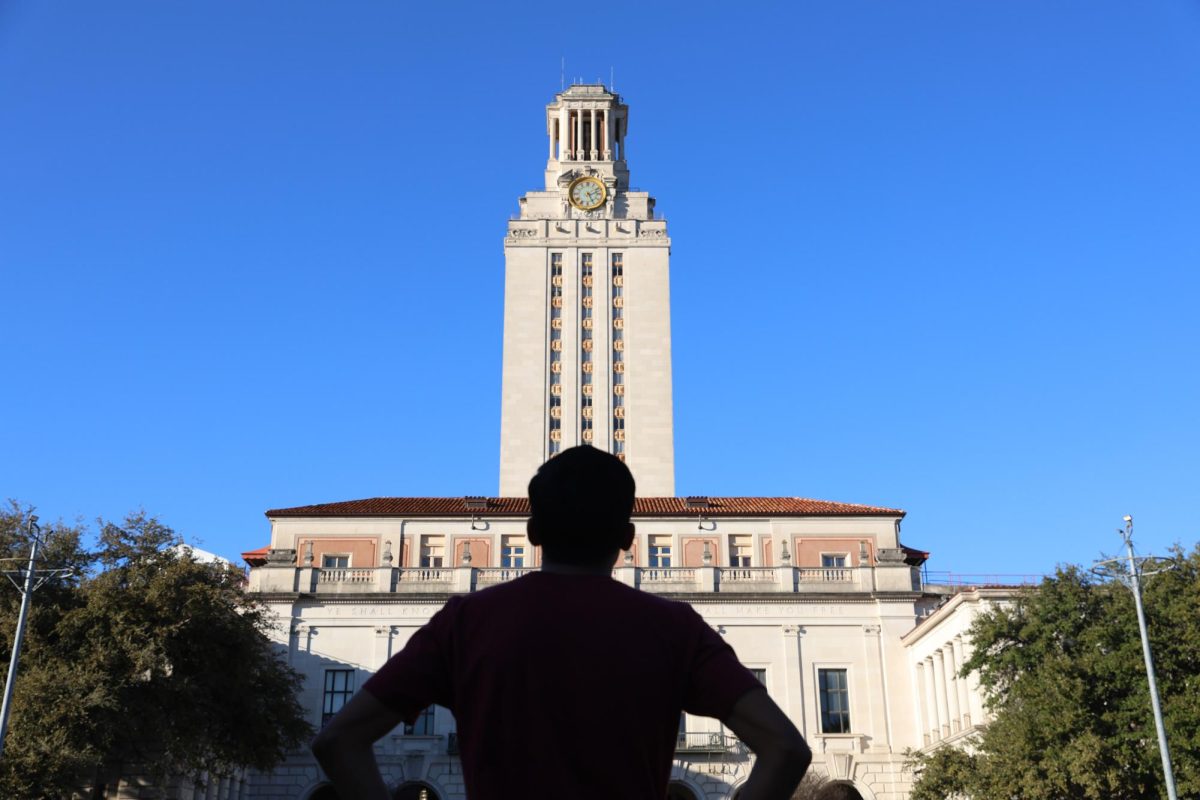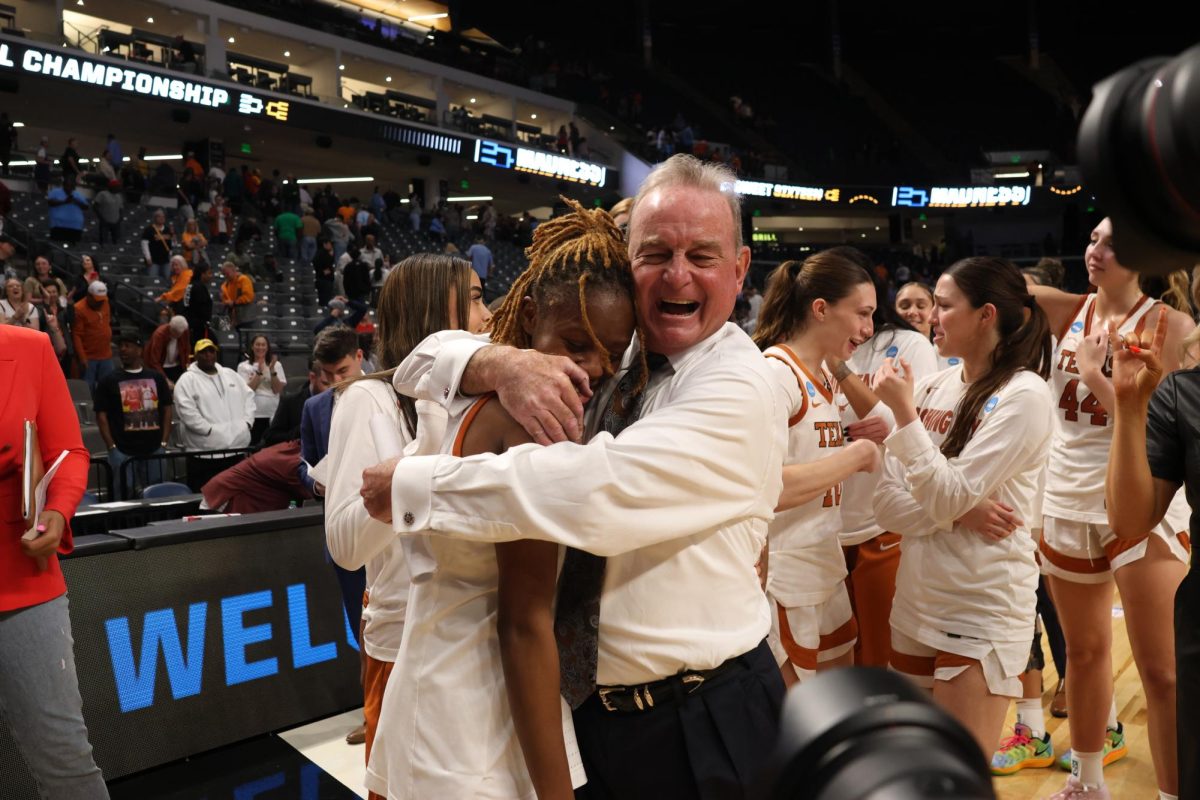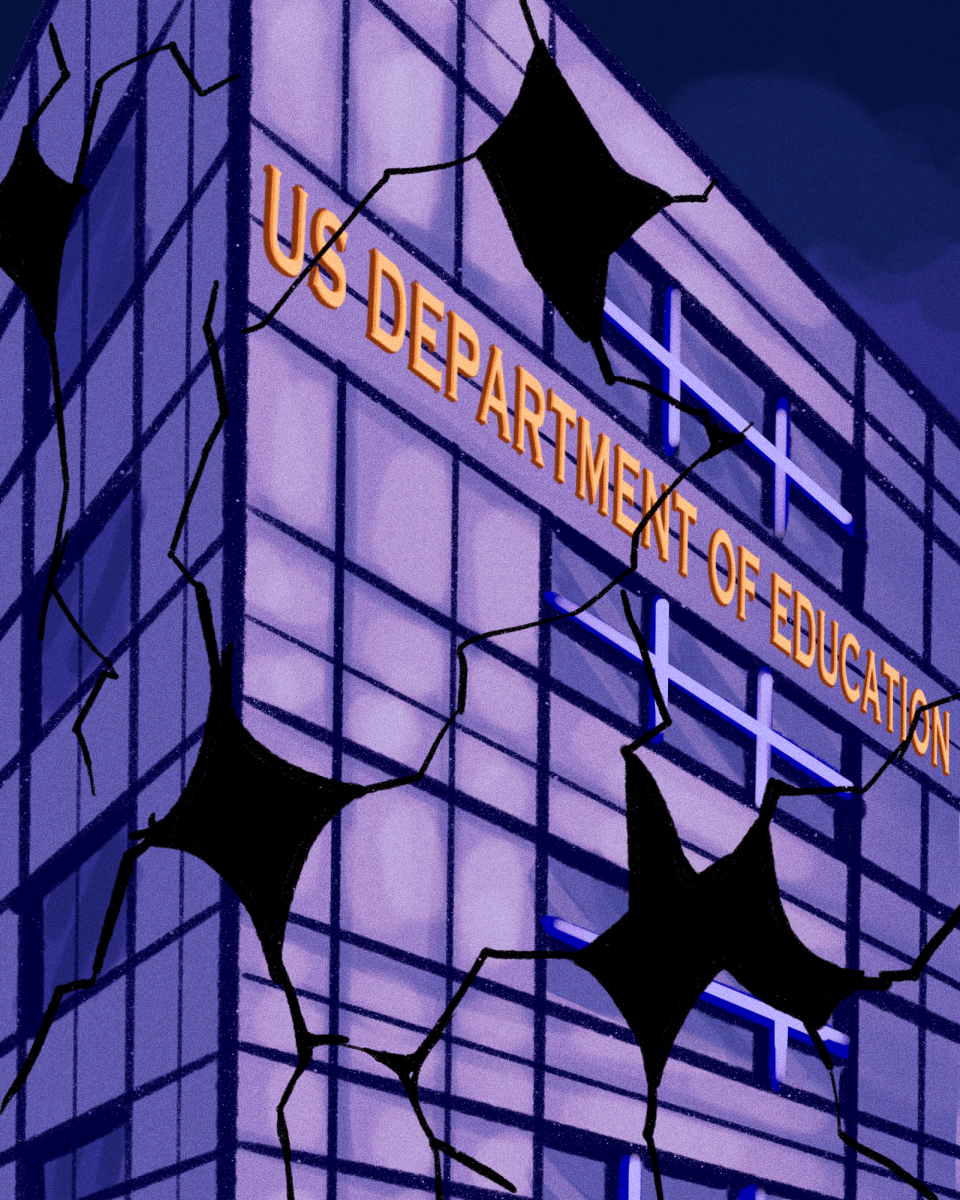UT’s over 6,600 international students could face changes in the visa process after President Donald Trump sent out an executive order to review the programs on Jan. 20.
The Trump administration published an executive order asking the Secretary of State, Attorney General, Director of National Intelligence and Secretary of Homeland Security to reevaluate all visa programs, including F-1 visas, by Feb. 19. Review results have not been published at this time.
According to Texas Global, the F-1 visa is the most common visa given to international students and extends for the duration of a student’s enrollment in a degree program. It also requires international students to have full-time status with their university and limits their employment to 20 hours per week during the fall and spring semesters. Full-time employment is allowed during vacation periods like summer.
Psychology senior Ryan Wang, an international student from China, said for students who want to stay in the U.S. after graduation, the process becomes much less certain.
“I am also considering maybe New Zealand or Australia, or even Canada because they also offer good (master’s) programs, just not as good as here,” Wang said.
The order requires agencies to identify “countries throughout the world for which vetting and screening information is so deficient” and create a stricter screening process. Although not explicit, these instructions could lead to possible travel bans from targeted countries, immigration attorney Faye Kolly said.
“The part that we’re most concerned with as practitioners is the part about a potential ban, a travel ban,” Kolly said. “But there’s also some other things there that are implicit in the executive order that includes increased scrutiny for people from certain countries, (and) all the signaling is that it will be from certain Muslim countries, but it could be any country that the United States has determined it has geopolitical animus with.”
Kolly says a consequence of restrictive immigration policies like these is deterring international students from staying in the U.S. after finishing their education or from attending an American university at all, which in turn hurts the economy and universities’ accomplishments.
“It really stifles innovation,” Kolly said. “That sort of the multitude of voices that you find so common on university campuses, all the good stuff, and it’s going to hurt the university’s bottom lines.”
Computer science freshman Anish Lotake, an international student from India, said one of his relatives who plans to come to UT to earn their master’s degree grew worried about Immigration and Customs Enforcement presence in the US and messaged him about it.
“This is worrying a lot of people,” Lotake said. “(My relative) plans to come for his masters. He even texted me on WhatsApp, worried about what is happening in the U.S. I would say that people are very scared about ICE, and they just want to make sure that they do everything correctly and be in the U.S. legally.”
Although there is still uncertainty over future implementations of these policies, Kolly said staying within the rules of current visas and actively looking for work is key for international students looking to stay in the US.
“Maintaining full-time enrollment in school, applying for your optional practical training or curricular practical training and keeping up your grades, keeping a straight focus on that is number one,” Kolly said. “Going ahead and applying for the benefits that are available to you post-graduation for optional practical training or your work authorization, and hopefully finding an employer that will be able to sponsor you if you do wish to stay on, will be important.”




















